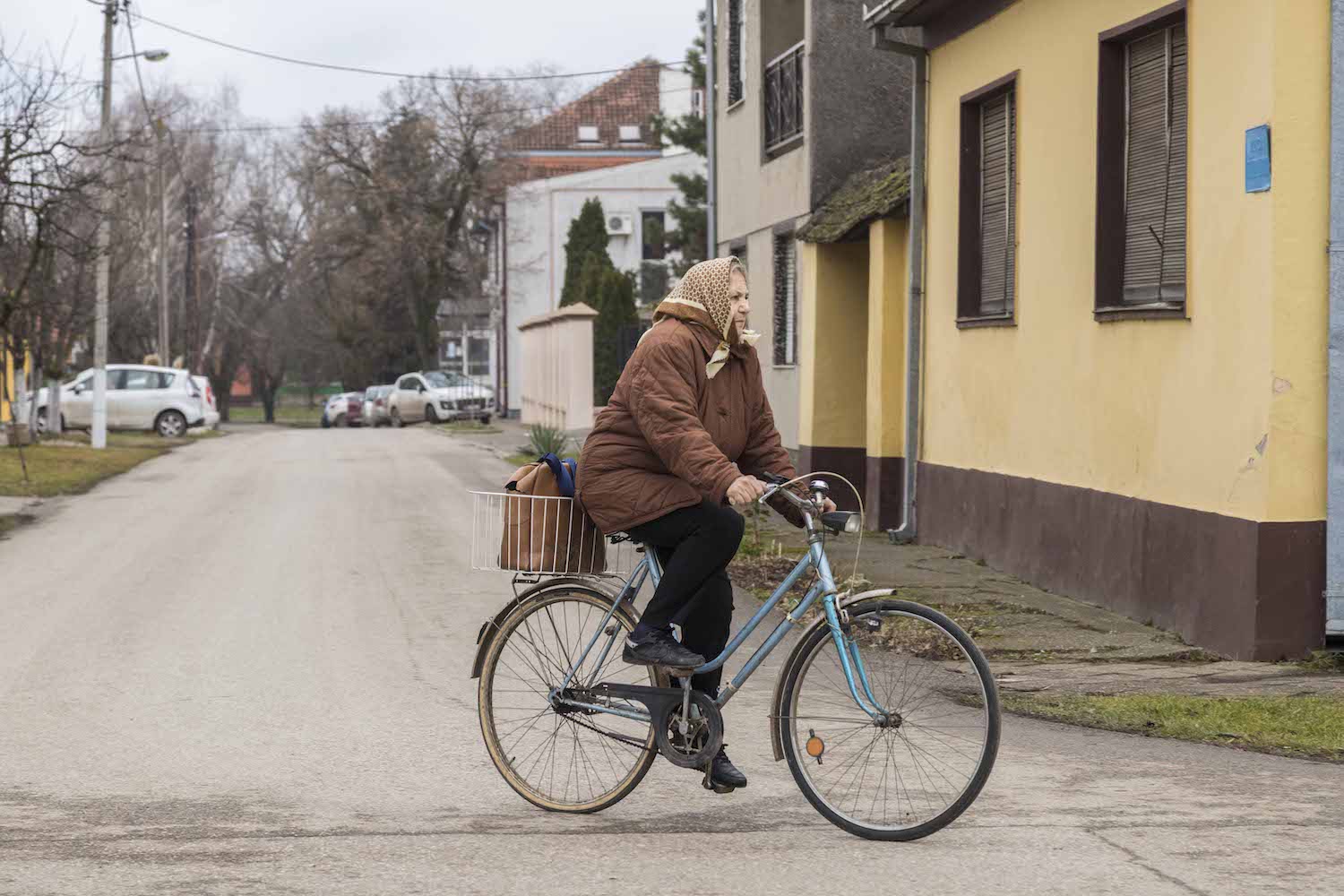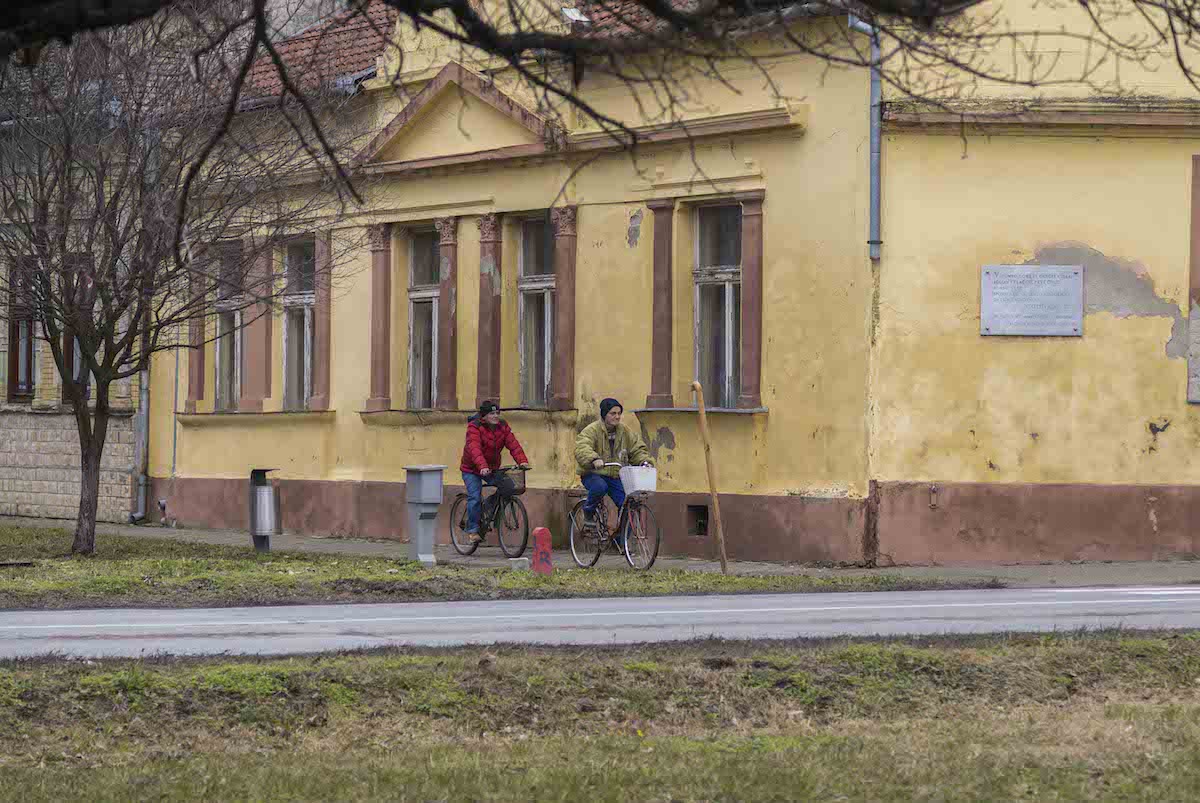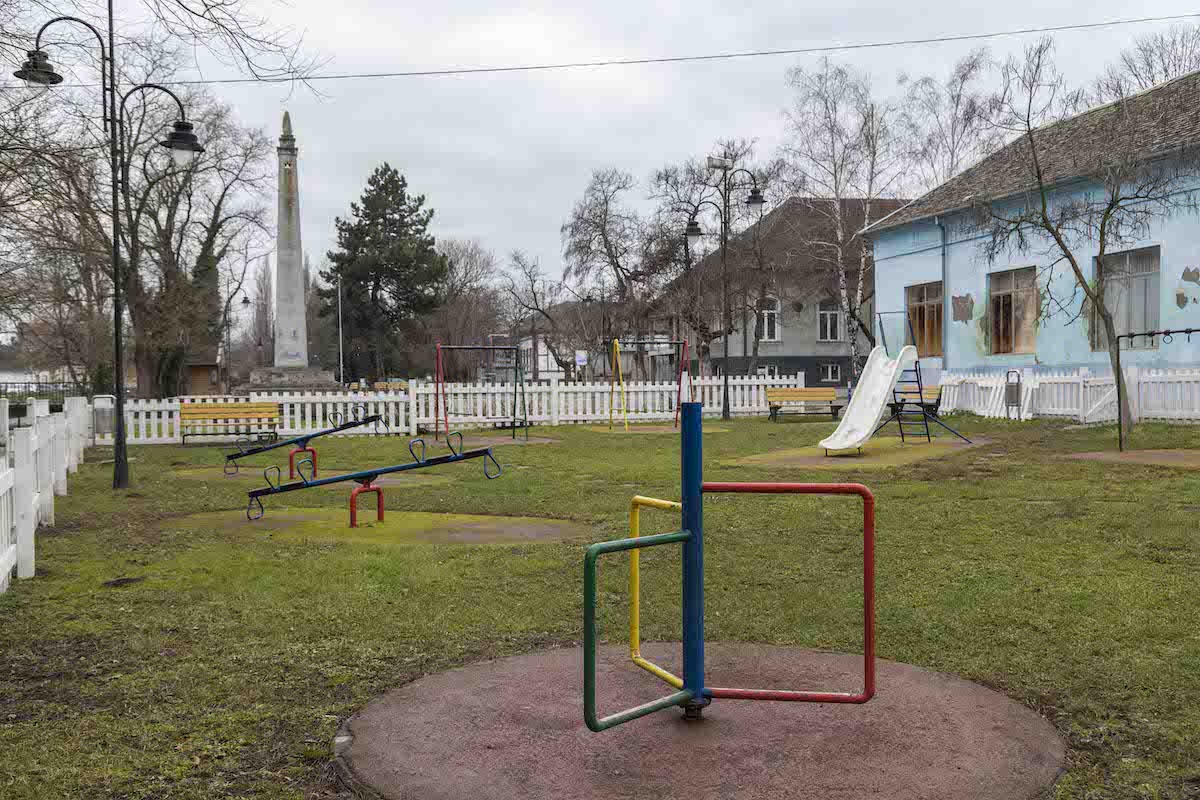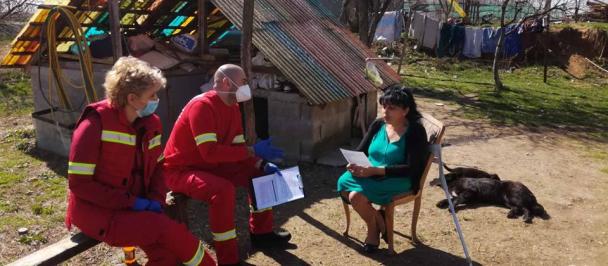Bački Petrovac is one of the many small towns in Serbia where population is declining fast, especially in terms of young people migrating abroad. Photo: Momira Marković / UNDP Serbia
Over the last 30 years, 17 countries, all of them in Eastern Europe, experienced sustained population decline. The region is experiencing a mix of low fertility, much like the rest of Europe, and high net emigration, a characteristic of developing countries. This is a unique phenomenon and will have a significant impact on the future of the region.
Since each of the driving forces behind depopulation (low fertility, high net emigration, and lower life expectancy) is complex on its own, it’s not enough to focus on affecting any of the driving forces in isolation.
First, policymakers must question some prevailing assumptions about tackling the problem and reframe the issue.
· It’s not only about size of a population; it’s about good and fruitful lives.
· It’s not about increasing fertility; it’s about helping women and men to realize their desired fertility.
· It’s not about curbing emigration; it’s about helping people to stay, return or stay connected; and also about starting to think about immigration policies.
· It’s not about extending average life expectancy; it’s about extending the number of healthy, active, connected and contributing years of life.
As UNDP, here are two guiding principles we are using in our approach to the challenge, in partnership with UNFPA.
1. MAXIMIZING HUMAN POTENTIAL
Let’s take Serbia as an example. According to a “medium assumptions” scenario from the a recent report on Depopulation published this week, the population of Serbia is estimated to be 5.35 million by 2050, or 28% less than its population today.
Serbia’s population policy should not be limited to promoting childbirth through financial stimuli. Financial incentives alone won’t make people have more children.
Rather, it should stimulate an integrated approach to the development of human potential: by creating conditions for every child to get quality care and equal chances for quality schooling, offering every young person access to opportunities for professional and personal development, investing in citizens’ health, skills and training throughout their lifespans, enabling older persons to be active and healthy with ample opportunities to contribute to society and the economy.
In education, support could focus on those who need additional support – including the poor, marginalized groups, young people from rural areas and Roma.
When it comes to employment,we must support those who remain in Serbia to be economically active, including those traditionally more absent from the labour market, such as older workers, women and those struggling to get decent employment, including youth and undereducated persons.
Instead of focusing on curbing emigration, out-migrants could be motivated to remain in contact with Serbia through deliberately designed business or personal opportunities, as well as through support systems for those who wish to return.
Photo: Momira Marković / UNDP Serbia
2. CREATING ADAPTABLE PUBLIC POLICIES
Demographic realities are changing, and public policies ought to change as well. First, the current social services and healthcare should adjust to a rising number of older persons.
Next, the education system could open to a new atypical demographic of students, including older persons, migrants or persons with interrupted prior education.
In parallel, labour policies could prioritize people who currently do not participate in the labour market, while developing new strategies for creating employment opportunities for in-migrants, including those from the Serbian diaspora.
Development of local communities is also important. Urban and rural planning need to become more people- and family-centred, fitting needs of all population groups, as well as ensuring a healthy living environment.
Social dialogue and engagement build trust and create a sense of belonging. Local and national policy measures could be tailored to improve civic participation and give diverse groups of citizens voice in how their communities are run.
Photo: Momira Marković / UNDP Serbia
For a long time, the significance of the problem has been intuitively felt by citizens of Serbia and the former Yugoslavia region alike. It was experienced as a sense of lost opportunity. However, if we start to proactively account for demographic change in development strategies, Serbia and other countries in the region do not have to remain powerless in the face of shrinking populations.
In other words, if, instead of declaring a “war on depopulation”, we start learning to “live with depopulation”, we may discover significant untapped potential in the society.

 Locations
Locations



